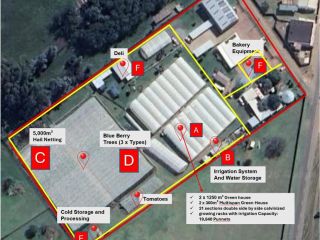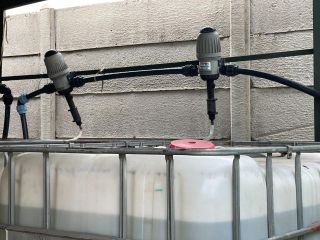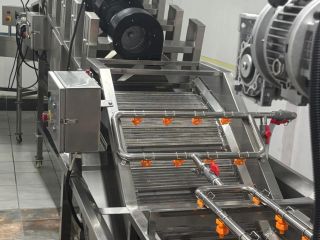The following are some elements of a business deal that Aldes has identified that needs attention from a potential buyer.
1. Signed agreement
Make sure that you have a copy of the signed agreement. Your Sales Agreement will set forth all your obligations.
2. Lease agreement
“No Lease – No Business” This is certainly the most important aspect of any business transaction. Nowadays most landlords will also require that the tenant be a juristic person (a CC, Pty Ltd) for reason of the National Consumer Protection Act. When negotiating with landlords you are not on equal footing and would need to attend to their every requirement.
3. Other licenses
Many businesses require a license to operate. For instance you will not be able to trade a bottle store without a liquor license. Make sure that the previous owner’s license is up to date and/or transferable. It is also a good idea to make use of the consultant that assisted the previous owner in obtaining his license.
4. Bank account
No business can trade without a bank account. Again make sure that the account holder is the same as your trading name. Many customers make use of credit and debit cards and it is crucial that you ensure that credit card machine is linked to your bank account or that a new machine is installed on or before effective date.
5. Ownership structure
Whether you trade as a Close Corporation/Company/Partnership/Sole Proprietor it is important to acknowledge that most landlords, bankers and financiers will also require personal suretyship. With the event of the Consumer Protection Act and the new Companies Act there might be a natural migration towards ownership of businesses through a company.
6. Telephone lines
Depending on the need of the business this can be a crucial element. Some businesses generate most of their enquiries and sales through phone calls. Make sure that if the phone number is important that this is transferred before hand over.
7. Staff
The Labour Relations Act stipulates that a new owner of a business will take over the staff of the business as if there was no interruption. It is very important that you introduce yourself in such a manner that there are no staff interruptions after takeover.
8. Deposits
No seller will handle over his business without a deposit. Make sure that there are no hiccups with paying the deposit on time.
9. Cash flow
Within the first month, whilst busy with the takeover, it is normal for the business to have a small tip in turnover. You need to plan your cash flow correctly so as not to run into a short fall within the first month. Also remember that a landlord will require 2 – 3 months rental deposit.
10. Utilities
This can be organized with the management of the centre or mall wherein the business is located. The norm is that electricity and water are billed a month or two in arrears.
11. VAT registration
This is very important. If your transaction is for buying the business as a going concern and you are not registered as a VAT vendor, SARS will levy 14% VAT on the purchase price and you will end up with the bill.
Most buyers will use their accountants to finalise VAT registration, but the following can be used as a guideline of what is needed to complete your VAT registration:
- Purchase Agreement;
- Lease Agreement for the business;
- Proof of your bank account;
- Proof of CIPRO registration – if trading in CC or Pty/Ltd.
- Copy of your ID – as member of CC or Pty/Ltd.
- Existing VAT registration number;
- SARS might also request a copy of the financials of the business.
In spite of perceptions, we found that SARS is very helpful and their website www.sars.gov.za is very user friendly.
12. Advertise the sale – Insolvency Act
This is for your protection.
Not advertising the sale in terms of the Insolvency Act does not make the transaction null or void. It merely gives current creditors the right to also claim against you as the new owner, should there be any claims that the previous owner did not settle.
Most newspapers will also assist with this advertising and forwarding the detail to the Government Gazette.
13. Stock take
There is only one method of stock take: “close the doors and count the stock”. If you do not opt to physically count the stock, make sure there is some form of retention for problems that may arise from incorrect stock sheets later on.
14. Equipment
You need to check all the equipment, especially electronics, to make sure that they are in a working order. The best way to do this is to hand a letter to the seller whereby you confirm that all equipment is in a working order.
15. Insurance
Arrange in advance that your insurance cover on the equipment and stock will be effective from takeover date. It will be a good idea to review the whole insurance policy.
16. Ask the broker
Each business is unique in every way and your professional broker will be able to point out certain aspects of the business that will need your attention before takeover date.













































































































